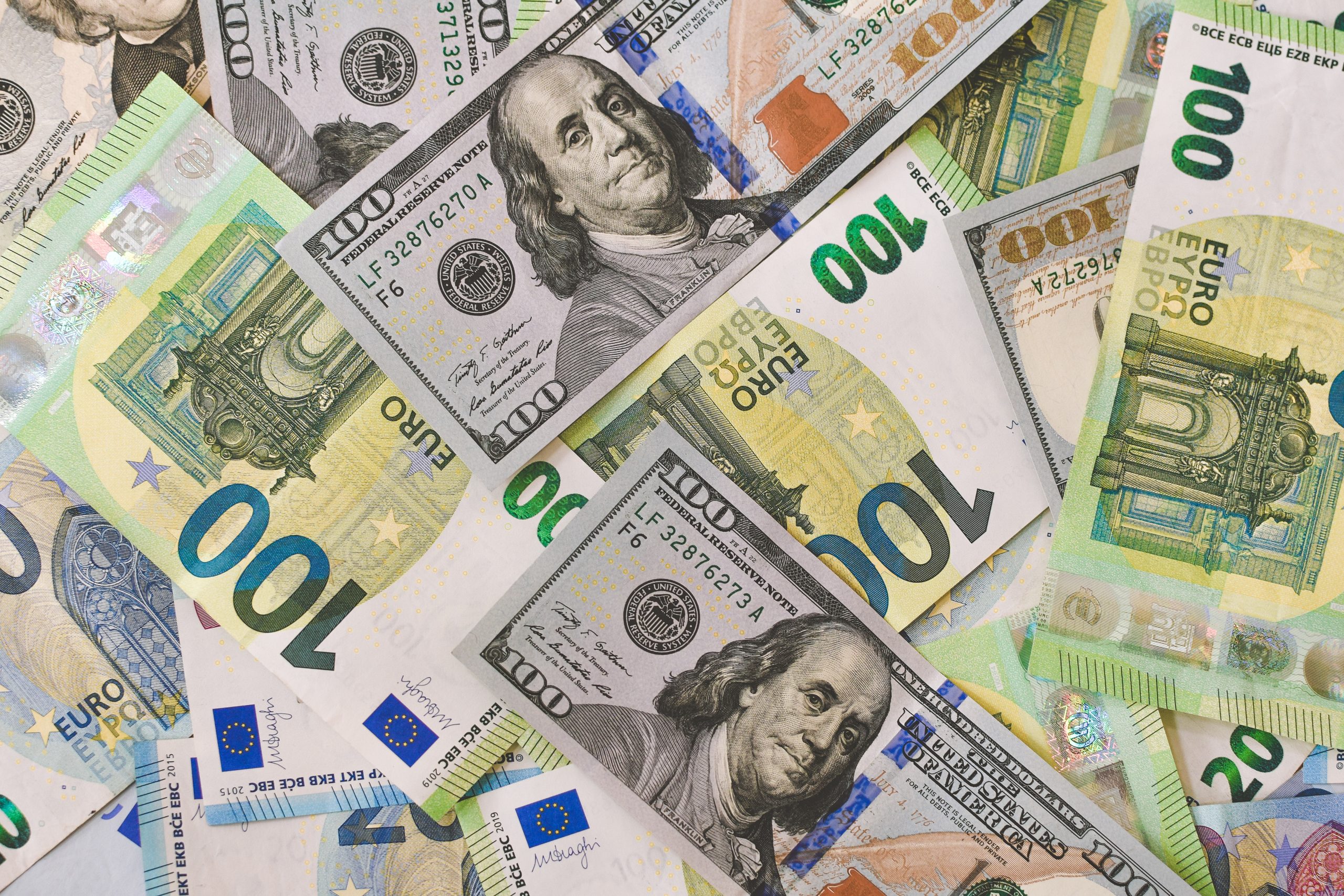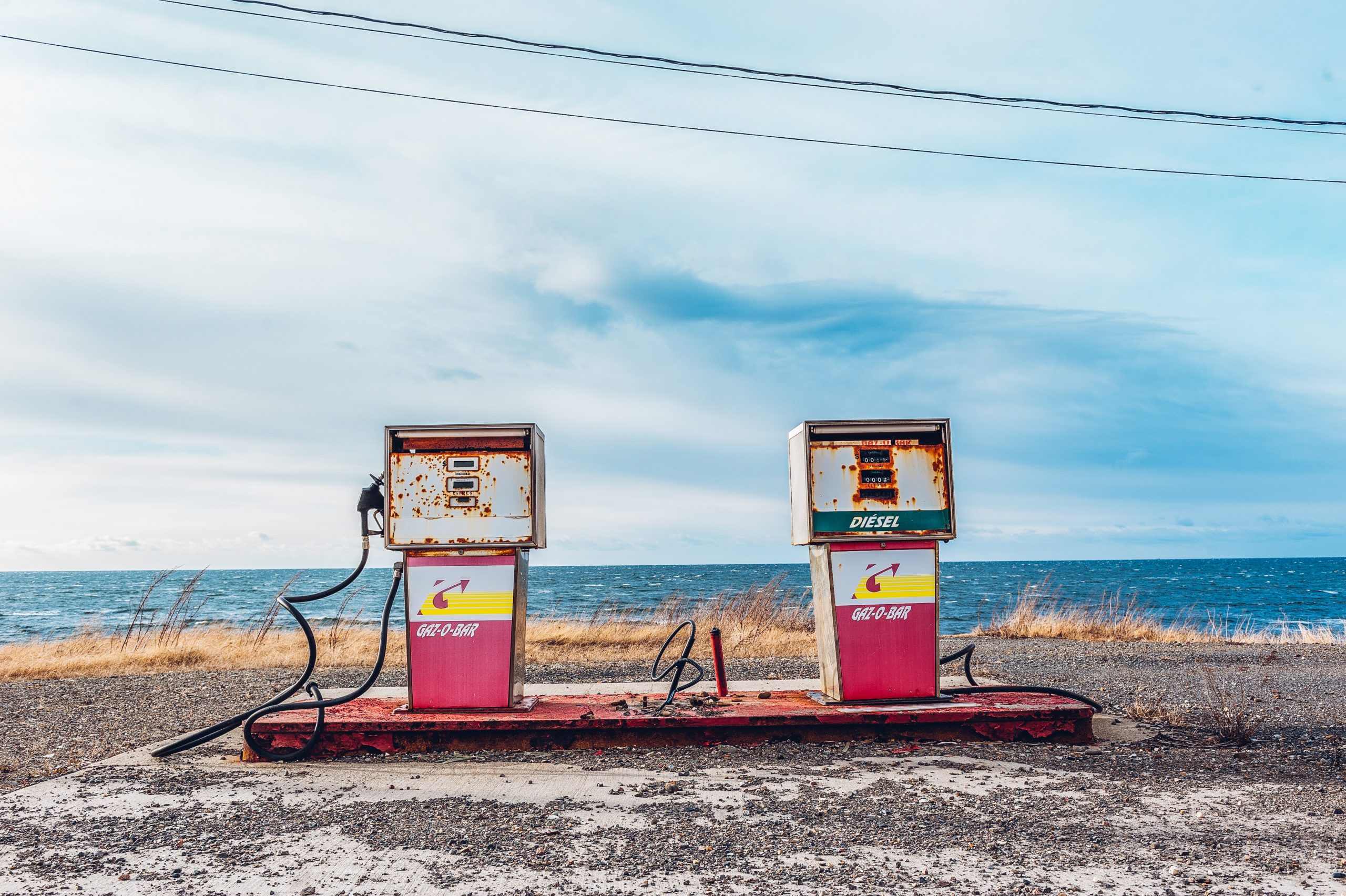I am not a car person. I never have been. My first car was my parents’ old Buick, I now drive a practical but boring Honda. I’ve never been to the Philadelphia Car Show. And I’d rather have a root canal than go to a car dealer.
Despite this, I managed to raise a car fanatic. My son is car obsessed. Completely. For his birthday, he took a spin in his dad’s friend’s Shelby (all he wanted); a few months later, he had the opportunity to wander through the Porsche facility and sit in a 911 GT3. He talked about these moments for weeks on end.
Despite our car incompatibilities, we both love the BBC’s “Top Gear.” Like 350 million other viewers around the world, we tune in to see what Jeremy, Richard and James are up to each week. Afterwards, my son re-imagines the competitions on the show and illustrates them on paper (yes, he always puts James in the slow car). And when he recently designed and build a car out of cardboard, who did we find in the driver’s seat? The Stig, of course.
We were both pretty bummed to hear that the BBC had temporarily dropped “Top Gear” from the line-up after presenter Jeremy Clarkson had, according to the BBC, “a physical altercation accompanied by sustained and prolonged verbal abuse of an extreme nature” with a producer. That’s clearly not appropriate workplace behavior. Even worse? It wasn’t his first offense.
As a result of his behavior, Clarkson was handed a pink slip. The March 15 episode of the show was yanked and four other programs slated for air were suspended (those episodes may be aired eventually). And now, it seems that “Top Gear” as we know it, is over, with presenter Richard Hammond tweeting that it has been an “incredible ride” and that it was the “end of an era.”
Not to be outdone, Jeremy Clarkson changed his Twitter bio to reflect that he “used to be” a presenter on the show.
More than a million fans signed a petition calling for Clarkson’s reinstatement. And now, many of those fans are threatening to hit the BBC where it hurts: not paying for their TV license.
That might sound like something we’d do here in the US, right? Simply turn off the TV. Only, in the UK, it’s not that simple.
By law, in the UK, you must have a valid TV license if you watch or record television programs. You don’t even have to watch TV on a traditional television: the license is also required for programming watched on a laptop, PC, mobile phone, digital box, DVD/video recorder or a TV set.
The license is a whopping £145.50 ($217 US) each year for color (yes, apparently folks still buy black and white televisions) with concessions and exceptions for those 75 and over and those who are blind or severely sight impaired. While the license is intended to be per household, you may need a separate license for a second home.
And the TV licensing police are pretty serious about enforcement, advising that “[i]f we find evidence you’re watching TV illegally, you risk prosecution and a fine of up to £1,000.” The fine (about $1490 US) doesn’t include legal costs.
How can they tell? Oh, they can tell. There’s a national database, of course. There are enforcement officers who make inquiries and conduct surprise inspections where “[o]ur officers may visit the licensed place at any time to check that our records are correct and inspect TV equipment.” And don’t forget those special “detector vans” which “can detect the use of TV receiving equipment at specifically targeted addresses within minutes.”
I’m not kidding.
So why is the TV license such a big deal? It pays the bills.
The BBC, originally called the British Broadcasting Company, was formed on October 18, 1922, to broadcast radio (downloads as pdf). To help pay for the service, a ten shilling broadcasting license fee was introduced. Five years later, the BBC changed its name to the British Broadcasting Corporation under its first Royal Charter which also defined the BBC’s objectives, powers and obligations.
In 1936, television made its first real debut in the UK with individual sets costing £100, about the cost of a small car. The BBC transmitted TV programming to homes but the only folks who could watch were those within a 35-mile range of the station.
By the end of World War II, viewers paid £2 for a combined radio/TV license. By 1950, only 350,000 viewers coughed up the combined radio/TV licenses as folks continued to favor radio. However, the Coronation of Queen Elizabeth II on June 2, 1953, changed all of that: an estimated 20 million viewers tuned in to watch the Coronation, exciting the country about the future of television. By 1954, there were over 3 million combined radio/TV licenses issued and by 1971, there would be no more radio-only licenses.
In the 1980s, then Prime Minister Margaret Thatcher authorized a report on the future of the license, which many expected would usher in its demise. That didn’t happen. The Peacock Report, issued by Chair Professor Alan Peacock (who, I know, sounds like he should be a character from “Clue”) in 1986 actually concluded that the license was the best way to fund broadcasting; the license stayed. Today, the BBC is broadcast without commercial advertising and is primarily funded in the UK by licensing (there’s a worldwide that’s a little more complicated). In the US, PBS (Public Broadcasting System) is similarly broadcast without commercial advertising. PBS, however, is financed not with a license but largely by donations, grants, funding from member stations – and some federal dollars.
In January 2006, the UK TV license was officially classified by the Office of National Statistics (ONS) as a tax (downloads as a pdf); it had previously been considered a service charge. Why a tax? The ONS says “in line with the definition of a tax, the licence fee is a compulsory payment which is not paid solely for access to BBC services… A licence is required to receive ITV, Channel 4, Channel 5, satellite, cable.”
If that distinction is confusing, you’re in good company. What a “tax” is exactly has been debated many times with the U.S. Supreme Court taking on the question in 2012. At that time, the Justices pondered whether the shared responsibility payment under the Affordable Care Act would be considered a tax or a penalty (they ruled it a tax).
Words matter. The word “tax” matters because who sets and controls tax – as well as the potential punishment for avoiding the tax – is established by the government or the functional equivalent of the government in the US and the UK. Not paying a tax tends to have a more negative connotation (and often, more serious consequences) than not paying a fee for a license. In this case, there’s a steep penalty as well: avoiding the TV license in the UK is technically tax evasion and a criminal offense.
With respect to “Top Gear,” it will be interesting to see what happens moving forward. If enough viewers make good on their threat by not paying for the license, there’s no question that something will have to give. And although changes are in the works for the BBC, it can’t afford too much of a bite into its domestic financing and the almost certainly negative PR from the great TV license-dodger hunt won’t necessarily be appealing either. It is exactly the kind of dilemma you’d expect in this fuzzy gray area where public and private sectors collide – sometimes, spectacularly so.
And on that bombshell…
Recent Posts
Most Used Categories
- individual (1,314)
- politics (862)
- IRS news/announcements (753)
- tax policy (582)
- ask the taxgirl (543)
- prosecutions, felonies and misdemeanors (479)
- just for fun (478)
- state & local (403)
- pop culture (399)
- charitable organizations (389)
Skip to content




Skip to content



